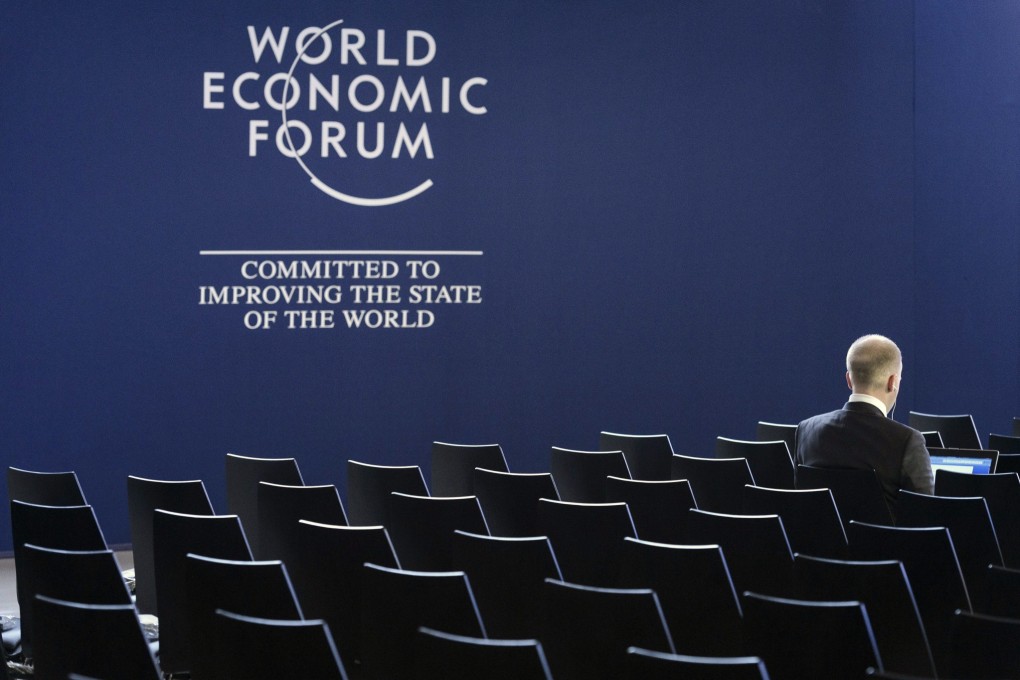Stalling economy highlights tricky Swiss balancing act
Surprise slowdown points to need to boost exports, but EU-Russia tensions have also boosted the franc amid grim outlook for region

The Swiss economy unexpectedly stalled in the second quarter of this year as stagnating growth in the euro zone hurt exports.
Swiss gross domestic product was unchanged in the three months to June from the previous quarter, when it expanded 0.5 per cent, the State Secretariat for Economic Affairs said in a statement yesterday. That is the weakest quarterly reading in two years and compares with a median estimate for 0.5 per cent growth in a survey of 16 economists.
The Swiss National Bank's three-year-old cap on the franc has helped the economy outperform that of the euro zone in nine of the last 12 quarters. With conflicts between Russia and Ukraine, as well as in the Middle East, putting a strain on global growth, Thomas Jordan president of the central bank, reaffirmed the ceiling's importance to ward off economic risks.
One must conclude that the Swiss economy has taken a step back – if not two
"Unfortunately, one must conclude that the Swiss economy has taken a step back - if not two," said Felix Brill, senior economist at Wellershoff & Partners in Zurich. "My big concern is that the domestic economy has lost momentum faster than expected."
Net trade was a drag on growth as exports increased at a slower pace than imports, while consumption of households and non-governmental organisations rose just 0.2 per cent from a quarter earlier, according to the economic affairs secretariat. Investments in construction declined 0.7 per cent.
Given slowing domestic demand, it is even more important for exports "to pick up steam", Brill said. "But here the conditions aren't exactly favourable, given the faltering recovery in Europe."
In the past, domestic demand, due in part to high immigration, and expanding trade with Asia, has helped the Swiss economy compensate for anaemic growth in the euro zone, its biggest destination for exports.
The economy of neighbouring Germany contracted in the second quarter, while France stagnated and Italy succumbed to its third recession since 2008. Russia sanctions risk depressing the outlook even further for the region.
